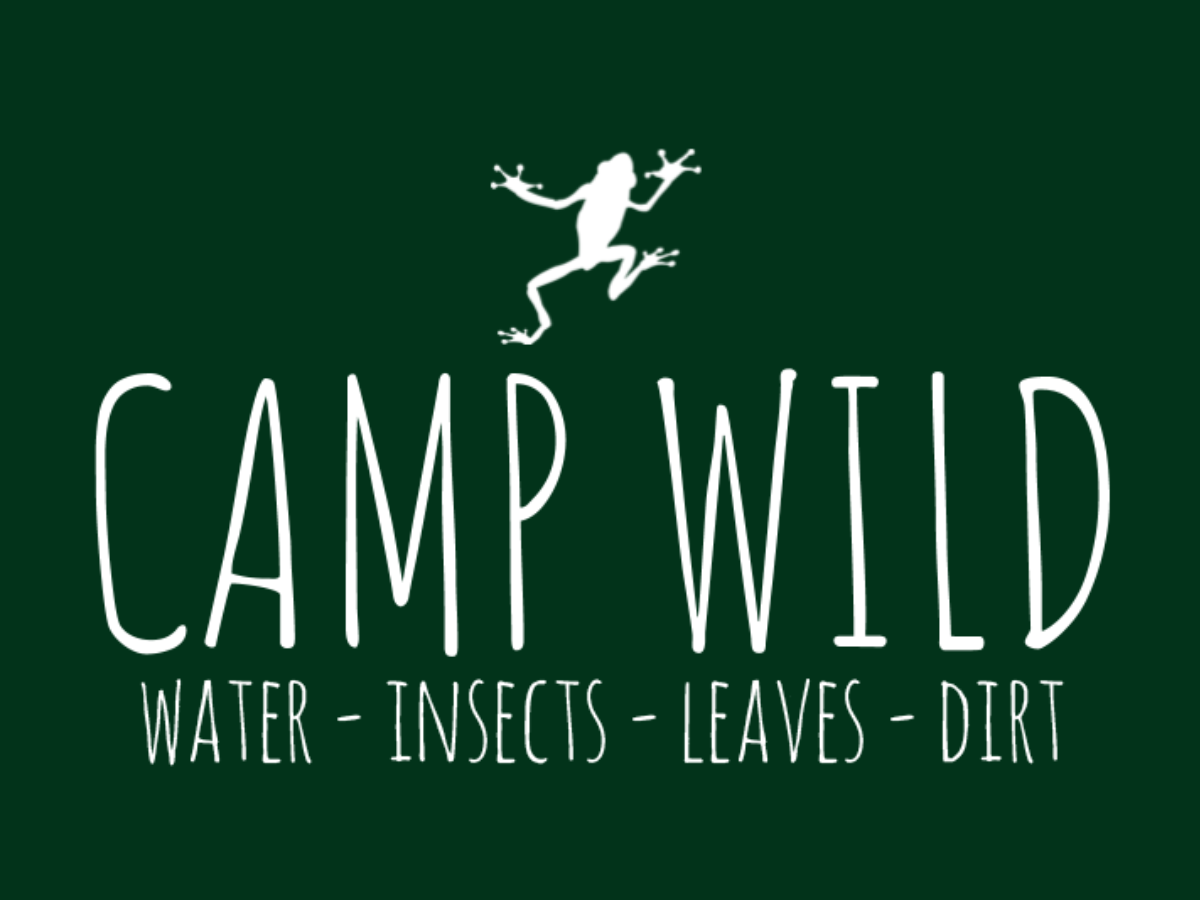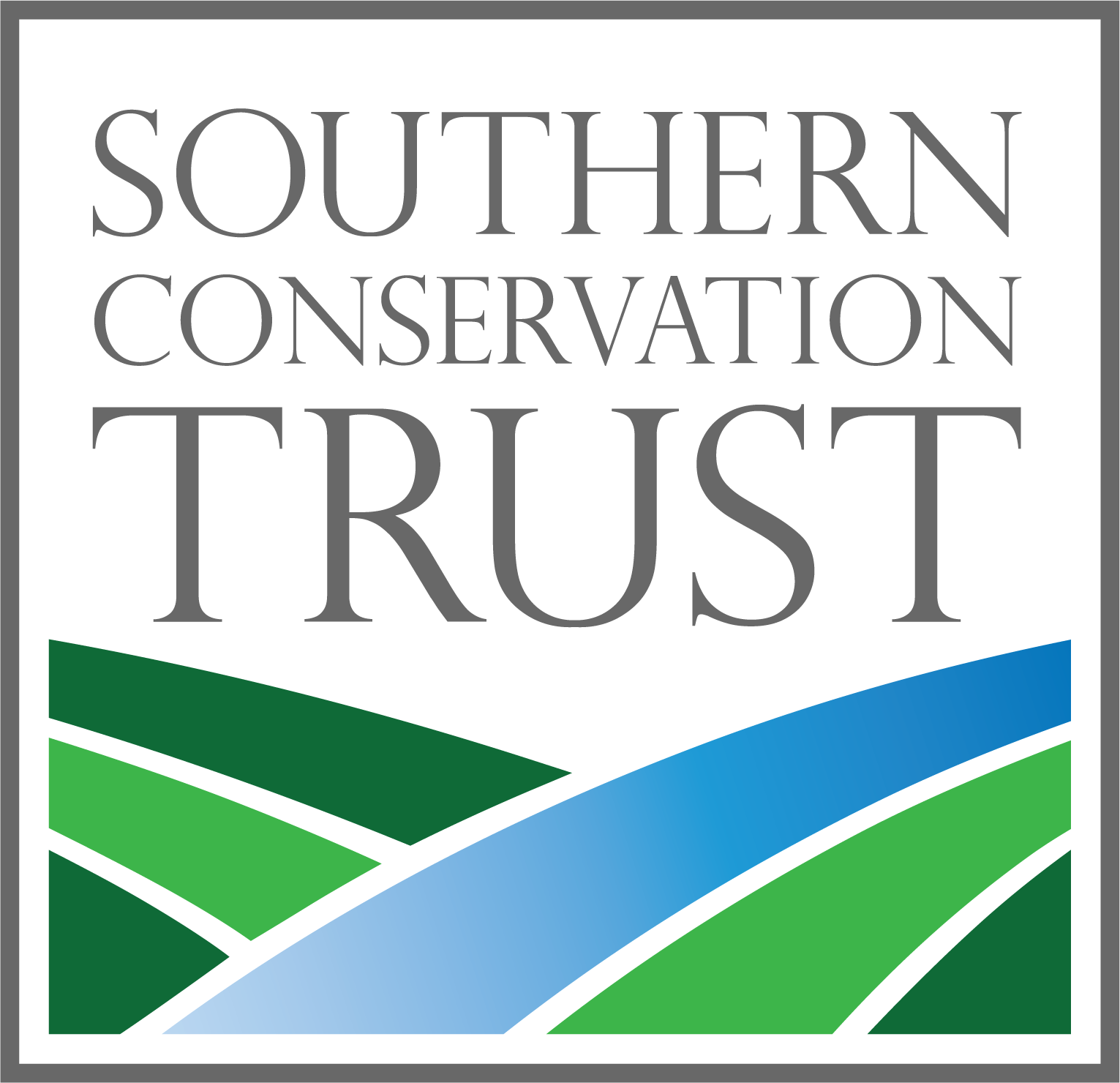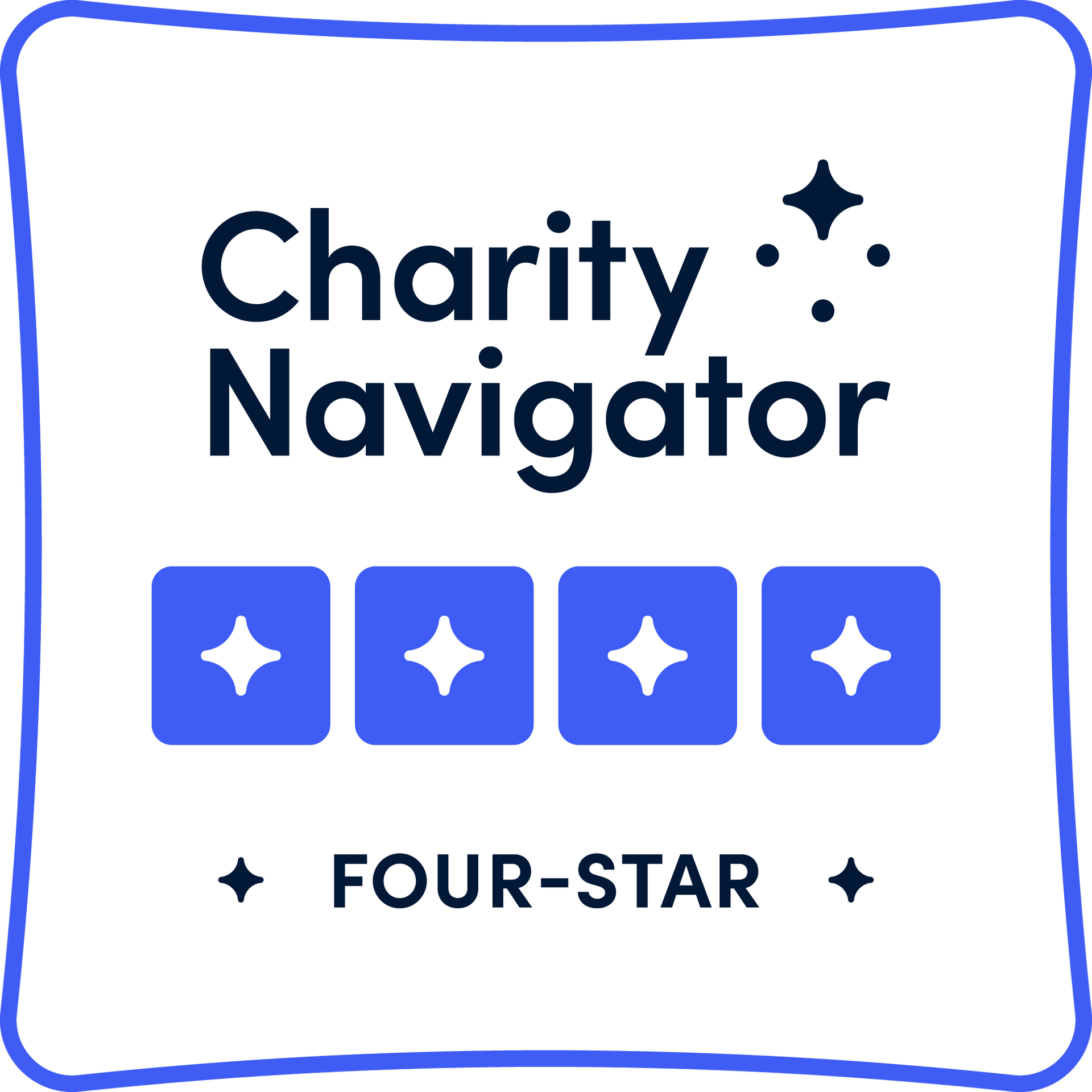Summer Camp
Camp WILD Summer Camp
All weeks will be Monday-Friday, 8:00 a.m. - 2:30 p.m.
Drop Off: 7:45 a.m. - 8:00 a.m.
Pick Up: 2:30 p.m. - 2:45 p.m.
Open to Ages 8-12 (must be 8 by registered week)
Member Registration: $250/week
Non-Member Registration: $300/week
Join us for one or all six weeks of Camp WILD this summer at the Fayette Environmental Education Center. Each week offers a different theme with fun games, activities, live animal encounters, and crafts so your camper can keep the fun going all summer long. In addition to nature-based themes, Camp WILD empowers campers to get involved with our resident animals in a new way by helping out with Chicken Chores! They’ll get to help feed, water and provide enrichment for our barnyard chickens, goats, and rabbits! Then on Fridays, we’ll wrap up the week with a Friday Fun Day where campers will have a water fight with the City of Fayetteville Fire Department, make messy s’mores by the campfire, and chill out with popsicles the way summers are meant to be enjoyed!
Camper spaces are available on a first-come, first-served basis and are not reserved until the registration form AND payment are both received, and you get a confirmation email. Spots will fill up quickly, so register soon!

Southern Conservation Trust will host 6 weeks of its Camp WILD Summer Camp at its Fayette Environmental Education Center.
*Remaining spots available for each week are updated every Friday.
Week 1: June 1-5, 2026
Theme: Herpetology
18/20 Spots Remaining
If you’re like most of us at the Fayette Environmental Education Center, we love all things cold blooded! Join us during week 1 to learn all about remarkable reptiles and amazing amphibians. We’ll discuss how these two groups are similar and more importantly how very different they can be and of course, we’ll meet as many of these fascinating creatures as we can!
Week 2: June 8-12, 2026
Theme: Fangs, Claws, & Toxins!
15/20 Spots Remaining
This week of camp isn’t for the faint of heart! We’ll explore the offensive and defensive tactics that wildlife uses to find and capture food and avoid being eaten! Learn about poisonous plants, venomous snakes, toxic insects, hidden animals, and everything in between. This one is sure to be a thrilling week of camp!
Week 3: June 15-19, 2026
Theme: Nature's Colors
19/20 Spots Remaining
Nature is full of beauty and amazing color! Join us this week as we explore the science behind color, pigment mixing, rainbows, prisms, light and how they mix to give us all the colors in nature seen and unseen. We’ll also discover how plants and animals use these visual displays to attract the friends they want and repel the ones they don’t.
Week 4: July 6-10, 2026
Theme: Space
15/20 Spots Remaining
The final frontier! This week we’ll discuss many of the things we know about space and speculate about some of the things unknown, like our place in space, space anomalies, astrobiology, and space travel! If you remember our budget planetarium from last year, we’re going to spend a bit of time visiting it again this summer and boldly go where no camper has gone before!
Week 5: July 13-17, 2026
Theme: Nature's Architects
17/20 Spots Remaining
From bees and beavers, to birds and web builders we’ll discuss the incredible architects of nature, how they do what they do and learn why they do it. We’ll also talk about how some of these masters of design have inspired people to change the way they build to make things bigger, stronger, and more impressive! We’ll also try our hand at recreating some of these master architects’ works of art and see how we compare!
Week 6: July 20-24, 2026
Theme: Things with Wings
17/20 Spots Remaining
As we gear up for an incredible night in celebration of National Moth week, we’re going to learn about all things with wings! Learn how birds, insects, mammals and even reptiles use flight to overcome obstacles in their environment. We’ll discuss the difference between true flight and gliding, and why some animals who have wings, no longer use them for flight. Come and meet some of the coolest winged ambassadors around in this final week of camp.
Frequently Asked Questions
Join Us as an Environmental Education Summer Intern!
2026 Camp WILD Sponsors
Our amazing sponsors make our summer camps and everything we do possible.












